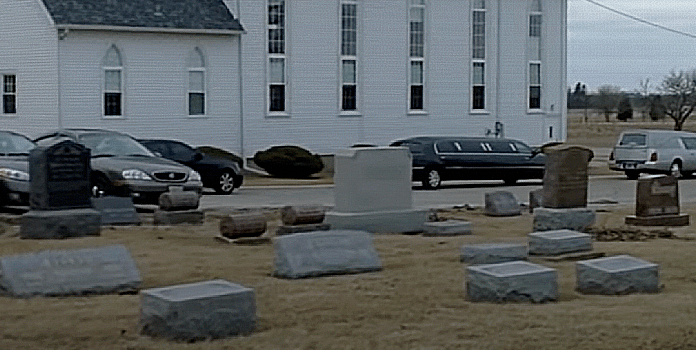(Molly Bruns, Headline USA) A Californian bill titled AB 351 was recently signed into law, making it legal to compost human bodies as an after-death option.
State Representative Cristina Garcia, a Democrat, spearheaded the bill, and is known for being one of the most corrupt members of California’s Assembly, RedState reported.
AB 351 was signed into law! It legalizes “human composting” as an after-death option.
Wildfires, extreme drought, record heat waves reminds us that climate change is real and we must do everything we can to reduce methane & CO2 emissions. @Earth_Funeral https://t.co/iKJ9QK0qDU
— Cristina Garcia (@AsmGarcia) September 19, 2022
Garcia was a champion of the #MeToo movement, then was accused of sexual harassment and making racist comments. She also represents a part of California known as the “corridor of corruption.”
Many questioned the ethics of this move, with the Catholic Church being the first to speak up, saying the process “reduces the human body to simply a disposable commodity.”
The process, which has since been renamed “natural organic reduction” in an attempt to soften the term, was originally developed for livestock to lessen the chance of disease.
“NOR uses essentially the same process as a home gardening composting system,” said executive director of the California Catholic Conference, Kathleen Domingo.
“These methods of disposal were used to lessen the possibility of disease being transmitted by the dead carcass,” she added. “Using these same methods for the ‘transformation’ of human remains can create unfortunate spiritual, emotional and psychological distancing from the deceased.”
The church also said that this process could lead to human remains being dispersed in public locations, increasing risk of people walking over the remains without knowledge, or the unintentional creation of a mass grave.
Garcia, however, is adament that this is the way forward and made the plea under the guise of “climate change.”
For each individual who chooses natural organic reduction (NOR) over conventional burial or cremation, the process saves the equivalent of one metric ton of carbon from entering the environment. @recomposelife
— Cristina Garcia (@AsmGarcia) September 19, 2022
The process of composting human remains is legal in Washington state, Colorado and Oregon, and involves placing the body in a reusable container, filling the container with wood chips, and aerating it to allow it to compost. The process takes about a month.
According to SF Gate, Colorado’s version of the law does not allow multiple people to be combined without consent, does not allow the soil to be sold and cannot be used to grow food for human consumption.
While the California bill bans the mixing of multiple people’s remains—unless they are family—they are not banning the sale of soil or its use to grow food for human consumption.

